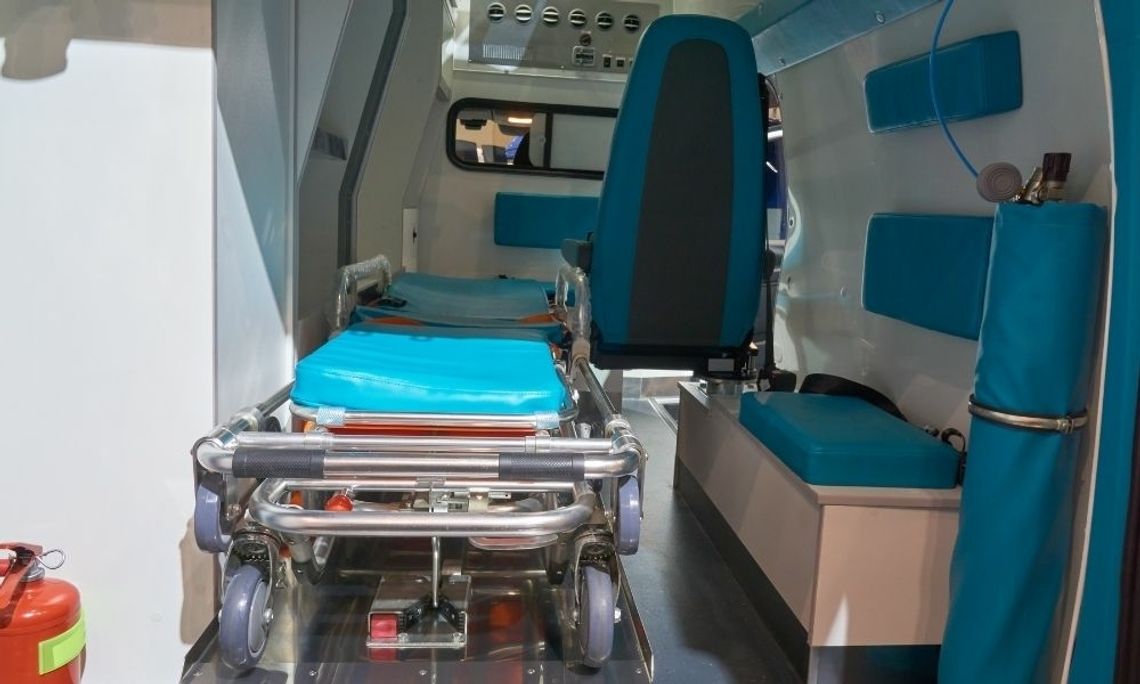When caring for a loved one who needs consistent care, there may come a time when they'll need to travel without you. Whether this is to a specialist, rehabilitation center, or hospital, you'll need to help set them up for success on their travels. Here's what to know when setting up travel for your dependent to ensure they get where they need to go safely and comfortably.
Preparation for Any Situation
Whether your dependent's travel needs are for an emergency or not, you should prepare before the situation arises. Basics like clothes and toiletries will change depending on how long they'll be gone, but having at least one set specifically for the travel bag will be helpful in an emergency. You can send whatever else they may need at a later time.
For an emergency situation, have a copy of their medical conditions and medications. In some cases, a hospital may not have every specific medication your loved one needs, so keep their medicines in a separate bag and put it in their travel bag when necessary. If applicable, keep a copy of their will and wishes, as well as any DNR.
Emergency Transport
There are two different modes of emergency transport that you should be aware of. Ambulatory transport is the one that people are most familiar with. Typically, an ambulance is used to get to a local emergency facility and is best used to stabilize the patient.
The other mode is flight travel. While people with certain medical conditions can't fly, emergency flight transports are done in helicopters so anyone with any medical condition can fly without fear of illness or their mechanical aid becoming pressurized.
While most people are aware of the expense of ambulatory travel, flight travel expenses often go overlooked. Make sure to look over your insurance coverage to see if you can afford the expense or if you'll have to ask for government aid.
Non-Emergency Transport
For ground and flight non-emergency transport, nurses will help ensure that your dependent is safe and cared for.
You'll need to look into a local NEMT company to see if it will fit with your insurance coverage. It also helps to get to know the staff and their level of care services, as an immobile patient will need more care.
Flight transport consists of a nurse or team of nurses assisting your loved one on a regular flight. Remember to consider how long the flight will take, as extra circulatory medication, compression socks, and or accommodations may be necessary.
Hopefully, learning what to know when setting up travel for your dependent helps you and your loved one travel successfully and safely. So, chat with your local NEMT or insurance provider and give yourself peace of mind.


Comment
Comments